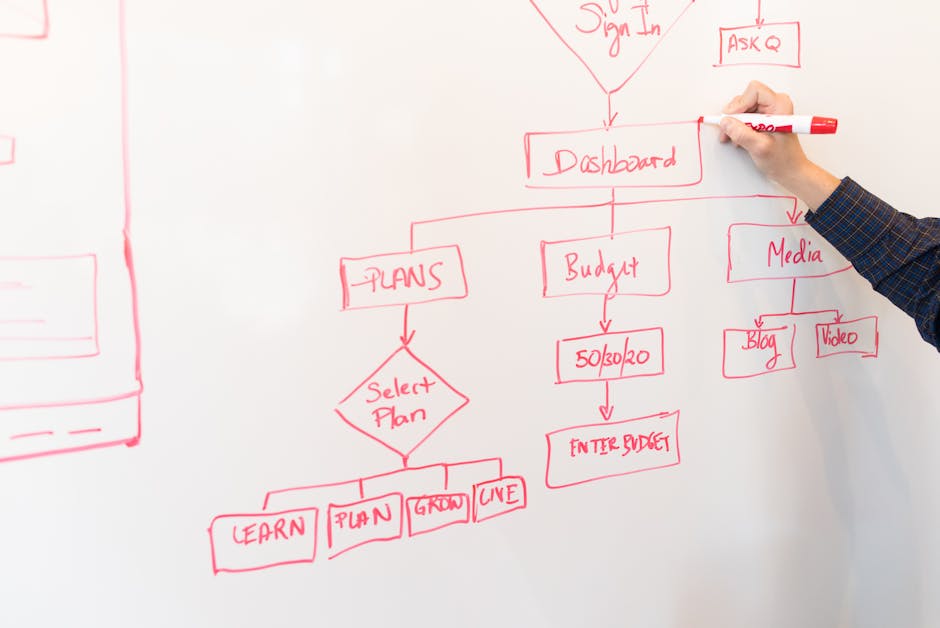Training Managers for Better
Training Managers for Better Retention directly addresses this core operational issue. This comprehensive approach focuses on equipping leaders with the necessary skills. Consequently, they can foster a positive work environment that encourages loyalty. Moreover, this strategy aligns with regional UAE government employment regulations and global best practices. Therefore, it creates a win-win scenario for both employees and hotel owners.
Understanding Training Managers for Better
Effective management training is the cornerstone of retention. Specifically, it involves developing a manager’s ability to lead, motivate, and support their team. Typically, these programs cover essential soft skills and operational knowledge. For example, conflict resolution, effective communication, and performance management are critical components.
Furthermore, understanding the local context is vital. The GCC’s hospitality sector employs a diverse, expatriate-heavy workforce. Therefore, cultural intelligence and inclusive leadership must be core training modules. Additionally, programs should incorporate guidelines from the International Labour Organization. This ensures ethical and fair treatment of all staff members.
Training Managers for Better Benefits
The advantages of a well-trained management team are immense. Firstly, it leads to a dramatic decrease in staff turnover rates. Consequently, hotels save significantly on recruitment and onboarding costs. Moreover, experienced employees provide consistently higher service quality. This directly enhances guest satisfaction and online reviews.
Secondly, it boosts overall employee morale and engagement. Happy employees are more productive and become brand ambassadors. Furthermore, a stable workforce allows for deeper team cohesion and knowledge sharing. This creates a resilient and efficient operational environment. Therefore, the return on investment is substantial and multi-faceted.
How Training Managers for Better Works
Implementation requires a structured and phased approach. First, conduct a thorough needs assessment to identify specific skill gaps. Next, design a customized curriculum that addresses these gaps. Moreover, the training should be a blend of theoretical and practical learning. For instance, workshops, role-playing, and real-world case studies are highly effective.
Additionally, the program must include continuous feedback mechanisms. Regular assessments help measure progress and program effectiveness. Furthermore, mentorship and coaching should supplement formal training sessions. This provides ongoing support for managers as they apply new skills. Consequently, the learning becomes embedded in daily practice.
Best Training Managers for Better Practices
Adopting industry best practices is crucial for success. Firstly, leadership must champion the program from the top down. Their active involvement signals the initiative’s importance to the entire organization. Secondly, content must be relevant and immediately applicable. Managers should see a direct link between training and their daily challenges.
Moreover, incorporating technology can enhance learning outcomes. Digital platforms allow for flexible and accessible training modules. Furthermore, aligning programs with World Health Organization workplace standards promotes employee well-being. This is especially important in a high-stress environment like hospitality. Finally, recognizing and rewarding improved management performance reinforces positive behavior.
Training Managers for Better Implementation
Successful rollout demands careful planning and resource allocation. Begin by securing a dedicated budget and selecting expert trainers. Next, develop a clear communication plan to introduce the program to all managers. Additionally, schedule training during off-peak seasons to minimize operational disruption.
Furthermore, set clear, measurable Key Performance Indicators (KPIs) from the start. These could include reduced department turnover or improved employee satisfaction scores. Moreover, partner with reputable institutions or leverage professional resources for curriculum development. This ensures the content is robust and industry-relevant. Therefore, the implementation is smooth and targeted.
Advanced Training Managers for Better Strategies
For organizations seeking a competitive edge, advanced strategies are key. Firstly, implement a train-the-trainer model to build internal capability. This creates sustainability and reduces long-term external dependency. Secondly, use data analytics to personalize training paths for individual managers. This addresses specific weaknesses and accelerates development.
Moreover, develop succession planning integrated with the training program. This identifies high-potential employees and prepares them for future leadership roles. Furthermore, consider economic insights from World Bank economic reports to tailor strategies. Additionally, creating cross-cultural mentorship programs can bridge gaps in diverse teams. Thus, the strategy becomes deeply embedded in the organizational fabric.
Training Managers for Better Success Tips
Achieving lasting success requires more than just a one-off program. First, foster a culture of continuous learning and development. Encourage managers to share best practices and learn from each other. Second, regularly update the training content to reflect industry trends. The hospitality landscape, as noted in U.S. Department of Commerce trade information, is always evolving.
Moreover, actively seek and act on feedback from participants. This ensures the program remains relevant and effective. Furthermore, celebrate and showcase success stories within the organization. This builds momentum and encourages ongoing participation. Therefore, the initiative remains dynamic and results-driven.
Future of Training Managers for Better
The future of management training is increasingly digital and personalized. Artificial Intelligence will play a larger role in identifying skill gaps. Furthermore, virtual reality simulations could provide immersive training experiences. Additionally, a greater emphasis on mental health and emotional intelligence is expected.
Moreover, globalization will demand even more culturally intelligent leaders. Training programs will need to be more agile and adaptable. Furthermore, integrating sustainability and ethical leadership into core curricula will become standard. Therefore, the hotels that invest proactively in these areas will lead the market. They will become employers of choice in the competitive GCC landscape.
Frequently Asked Questions
What is the primary goal of Training Managers for Better Retention?
The main goal is to equip hotel managers with leadership skills. These skills directly improve team morale and reduce employee turnover. Consequently, this leads to greater operational stability and guest satisfaction.
How long does it take to see results from this training?
Typically, initial improvements in team dynamics appear within a few months. However, significant reductions in turnover rates often require 6-12 months of consistent application. Therefore, patience and continuous effort are essential.
Is this training relevant for all department managers?
Absolutely. While the core principles are universal, the application is tailored. Front-office, housekeeping, and F&B managers all benefit. However, the training should address their unique departmental challenges.
What is the biggest challenge in implementing this program?
The most common hurdle is securing consistent buy-in from senior leadership. Additionally, finding time for training during busy operational periods is difficult. Therefore, strong commitment and strategic scheduling are critical.
How do we measure the ROI of manager training?
Key metrics include reduced turnover costs, higher employee satisfaction scores, and improved guest feedback. Additionally, tracking internal promotion rates can show success in leadership development.
Can small boutique hotels benefit from this approach?
Yes, the principles of good leadership and retention are scalable. In fact, smaller hotels often see a more immediate impact because teams are tighter-knit. The focus should be on practical, cost-effective training methods.
Conclusion
Investing in comprehensive Training Managers for Better Retention is a strategic masterstroke for GCC hotels. It directly tackles the costly problem of high employee turnover. Moreover, it builds a resilient, skilled, and loyal workforce capable of delivering exceptional service. The journey requires commitment, resources, and a belief in the power of development.
The long-term benefits, however, far outweigh the initial investment. Hotels transform into desirable workplaces, ultimately leading to superior guest experiences and stronger profitability. Ready to transform your hotel’s retention rates? expert consultation is available to guide you. Alternatively, schedule appointment to begin crafting your customized management training program today.




